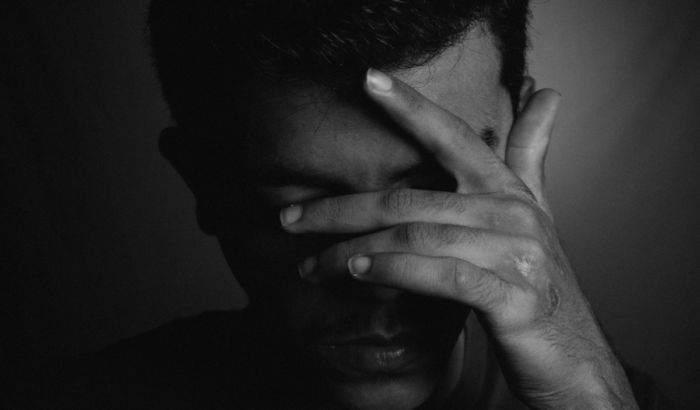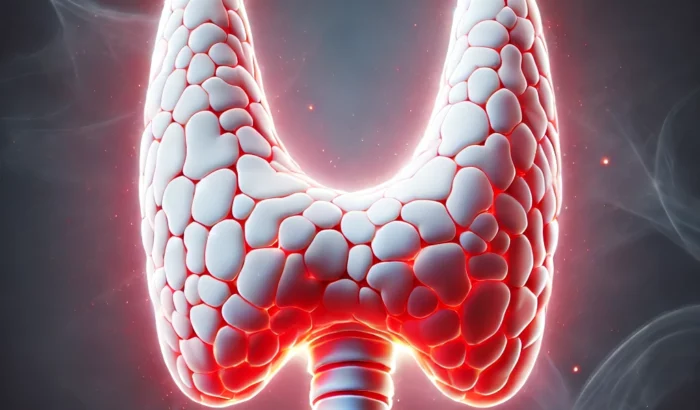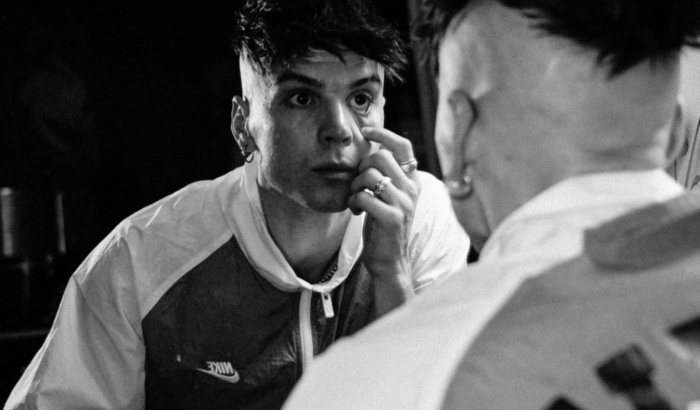Mental Health Awareness Week: Celebrating Jools Walker
Mental Health Awareness Week always rolls around so quickly. And that’s exactly the point – we’re often hurrying through life, from one obligation to the next, trying to keep ‘on top of things’. That can make it really difficult to take stock of our mental health as often as we should.
That’s exactly what Jools Walker was doing, when aged 33 a mini stroke due to stress forced her to stop and face up to what she was hiding from.
You may know her name – or indeed, her blogging moniker Velo City Girl – from the cycling world. Or you may remember her from last year’s Mindset Matters film about her. As a B2B healthcare digital agency, we are interested in her personal journey and wanted to highlight it.
Jools has drawn a mass of followers through her accessible, down-to-earth approach to cycling, her chic style, and her championing of inclusivity within cycling.
On top of that, she’s no stranger to talking about her challenges with mental health. And it’s that intersection between a high-flying cycling career and living with depression that our Mindset Matters film, Breaking the Cycle, is all about.
So this Mental Health Awareness week, as a B2B healthcare digital agency, we wanted to share the mental health wisdom that we’ve learned from Jools and her fantastic book, Back in the Frame
Naming our demons
In her book, Jools calls depression Sparks.
She admits in the beginning it was a way to avoid the stigma she felt around the word depression. And describes the sensation of ‘blinding flashes of light laced with negative thoughts.’
But she’s not alone – giving a name to mental health conditions is a practice recommended by some mental health therapists. It works by separating ‘you’ from your depression or anxiety.
Naming her condition seems to help Jools recognise and separate logical thoughts from irrational, depressive thoughts that threaten to pull her in the wrong direction: ‘My mind still plays those games with me, and I have to work really hard to fight those thoughts.’
Not only can a name help some of its power over us go away, it stops the condition defining our identity. It makes a lot of sense; if you are diagnosed with IBS you wouldn’t start to see yourself as an ‘IBS person’ in the same way people might say ‘she is a depressive’.
Mental health conditions are often spoken of as defining features, but Jools will never be eclipsed by her sparks.
Maintenance is key
A section in Jools’ book talks about bike maintenance; the hiccups like the slow puncture she faced due to not understanding the inner workings of her bike.
Indeed, mental health is no different. We, too, are rather complicated machinery. Often when we reach a low ebb, we realise we’ve been suffering from a slow puncture for a long while, we’ve just been ‘papering over the cracks’, in Jools’ words.
That’s why it’s so important to take the time to learn about how the mind works, as well as our own personal triggers and tendencies. What short-term behaviours affect our long-term health, what is good for our head? When we learn that, as Jools has, we are better able to manage our own mental health conditions.
Mind over matter
Jools is adamant that no amount of false-positivity can cure depression. And we agree.
But Jools does live in such a way that she constantly challenges her expectations of herself and – within reason – says yes to what scares her. We call this, living with a growth mindset.
From small triumphs like visiting an intimidating cycling environment, to huge triumphs like completing challenging up-hill tours, presenting TV shows, and quitting her job to go freelance, Jools has not lived without fear. Rather, she acknowledges her fears, digs into them to find their roots, and takes that daunting step anyway.
In the process of doing what scares us, we learn about ourselves, we learn how capable we are, and how fulfilling life can be.
This growth mindset also allows Jools, despite her depression, to find opportunity in challenges. When she had her mini stroke, she could have felt defeated; a victim. But she was able to use the experience to build a better life:
“That mini-stroke also made me stronger and opened my eyes to life-changing decisions that I needed to make.”
Move in a way that feels good
Again, exercise is no fix-all for any mental health condition. And while living with a condition that sometimes wants you to stay in bed for weeks, prescribing exercise can be far easier said than done.
But Jools revisiting her childhood love of cycling was a big help on her road to managing her depression.
Whether getting on the saddle, going for a run or a swim, the scientific community has long known how brilliant exercise is for improving mood and reducing anxiety through endorphins.
As well as this, it can be hugely motivating to feel our fitness and physical health improve, which in turn can improve our self-esteem: exercise is investing in our health and treating ourselves as if we are worthy. Which can be easy to forget when experiencing poor mental health.
Support is available
Due to COVID-19, mental health services are having to run rather differently. Thankfully, there are lots of great resources for support online.
If you’re feeling like you need some mental health support during these stressful times but aren’t sure where to turn, we’d recommend starting with the NHS mental health page or the charity Mind. Or if you’re local to Bristol like us, the council site lists a large variety of online and telephone resources.
For crisis lines:
Call the Samaritans free on 116 123
Text Shout Crisis Line, Shout to 85258.
Or call Mind on 0300 123 3393.






